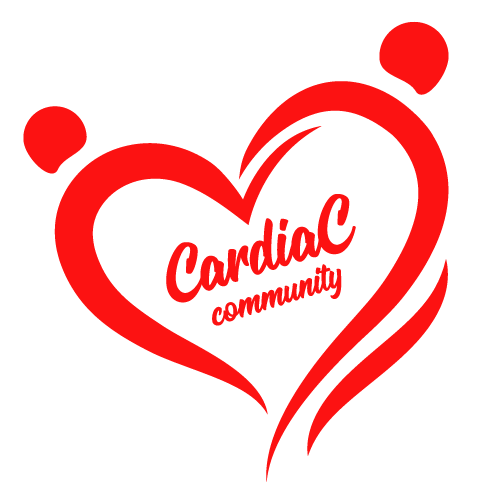
When you hear of a disabled person in Nigeria, what first comes to mind and what most people expect to see is one with physical impairments either seated on a wheel chair, holding a cane, people participating in the Special Olympics, however, not all disabilities are visible.
According to Merriam- Webster Dictionary,”disability is a physical, mental, cognitive or developmental condition that impairs, interferes with, or limits a person’s ability to engage in certain tasks or actions or participate in typical daily activities and interactions”.
So many illnesses and conditions are disabilities and a lot of times these impairments are not immediately apparent. People living with these illnesses may not present glaring symptoms.
Invisible disabilities even though are “hidden” affects tremendously the quality of the lives of people living with them. Those with invisible disabilities can present varying symptoms such as debilitating pain, fatigue, weakness, cognitive dysfunction, learning differences and mental disorders, as well as hearing and vision impairments.
A billion people worldwide live with some kind of disability, according to the World Health Organisation, and one US survey found that 74% of those disabilities don’t use a wheelchair or anything else that might visually signal their impairments to the outside world.
I’m living with pulmonary hypertension, a chronic illness associated with abnormally high pressure in the arteries that move blood from the heart to the lungs. This illness affects and limits my physical capabilities. Unfortunately, most people misinterpret my constant exhaustion to being lazy or laid back, unserious and one looking for unnecessary attention because all they see is a woman who doesn’t have any physical sign of an illness.
I’ve been told severally “you don’t look sick”. I’m mostly seen as one who likes giving excuses.
Pulmonary hypertension reduces the oxygen level in the body and this causes extreme fatigue, breathlessness, palpitation, dizziness and limits everyday activities like climbing the stairs and walking. Getting out of bed proves really difficult for me as well and symptoms would get worse as the illness progresses.
I’m not in any way making any comparison with others living with physical disabilities; it’s extremely difficult living with a disability either visible or not hence the genesis of this write-up is to educate people that if it can’t be seen, doesn’t mean it doesn’t exist, we shouldn’t undermine or overlook people fighting and battling invisible illnesses.
We are not lazy neither exaggerating our illnesses and symptoms, so please believe when we say we can’t carry out some simple everyday tasks and try lending us a helping hand when we ask for help.
In Nigeria disabled people don’t get any form of special benefits, they are instead stigmatized. So I fully understand why people who “don’t look sick” try to hide it from others and never want to be associated with the word “disability”.
Commonly known chronic illnesses like sickle cell, some heart diseases diabetes, epilepsy, rheumatoid arthritis and so many others fall under invisible disabilities.
In Nigeria, rare invisible illnesses like lupus, fibromyalgia, pulmonary hypertension, mental illness like schizophrenia and many others cannot be properly managed. They are mostly not diagnosed or misdiagnosed. Lack of proper health care, low availability of drugs and social-religious factors like superstition and stigmatization are major challenges faced by patients and it affects the outcome of their illnesses.
A lot of Nigerians are not aware of invisible disabilities and majority would overlook it, pray, fast and believe it will never afflict them and their loved ones. People battling and living with invisible disabilities are all around us, it would be nice to show more empathy and understanding towards them. You never know, your healthy looking neighbor, colleague, friend, church member might be struggling with an invisible disability. Kindly lend a helping hand and listening ear if they confide in you without being judgmental.
